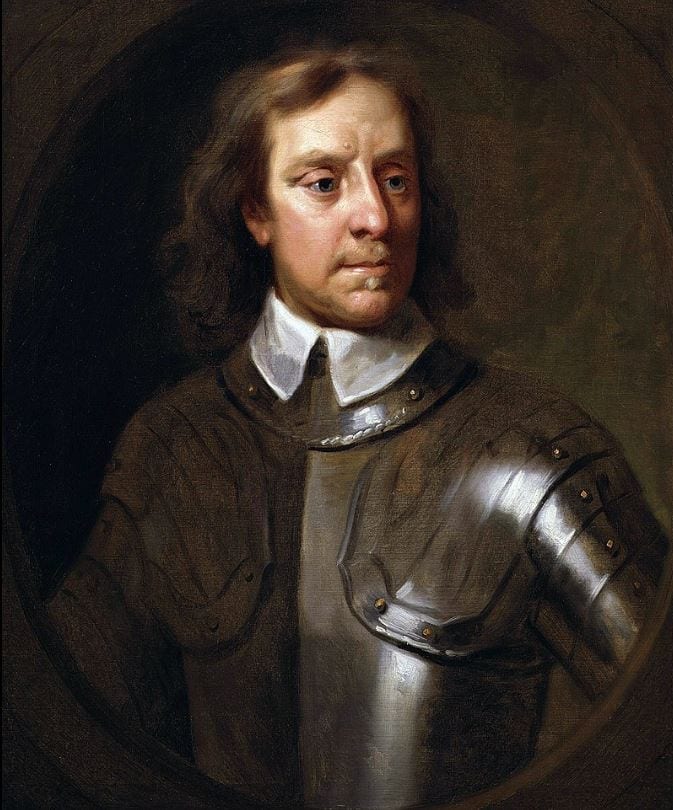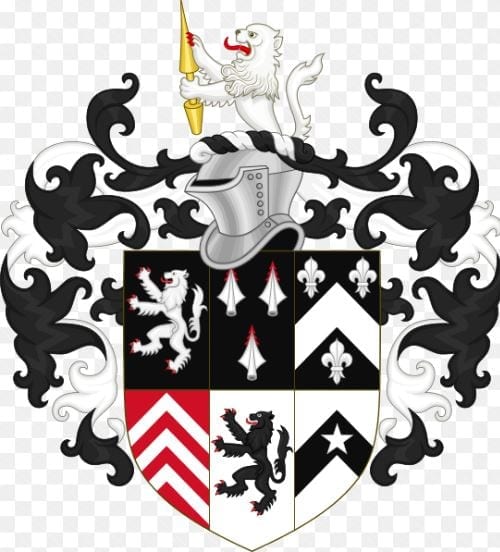Many accounts of Cromwell’s health are unreliable and biased because they were written by royalists. What can be discerned, however, is that in London in 1628 at the age of twenty-nine, Cromwell consulted the greatest doctor of the day, Sir Theodore Mayerne, whose records indicate that he had excessive cough and phlegm, some digestive problems, and appears to have been depressed. He then remained in good health for most of his life except for recurrent boils and abscesses, occasional episodes of recurrent fever (probably malaria), and in 1655 kidney or bladder stones.
In 1658 Cromwell suffered five recurrent bouts of fever, with vomiting and diarrhea and reportedly an irregular pulse. He became worse and died on 3 September after thirty-three days of illness. The autopsy was badly carried out and threw no light on the cause of death. The general consensus has been Cromwell suffered from recurrent bouts of tertian malaria, quite common at the time in northern Europe. Some historians, however, have suggested he may have died from an overwhelming infection from obstruction of the urinary tract by kidney or bladder stones. And in 2000 the American professor Howard McMains postulated that Cromwell had been poisoned in a deliberate well-planned conspiracy orchestrated by his physician Bate, an ambitious royalist. Most historians, however, believe that Cromwell died from malaria, to which he had been prone since 1649.


References
- “Cromwell’s health and death.” The Cromwell Association. http://olivercromwell.org/wordpress/?page_id=1757.
- Davidson, CH. “The diagnosis of Oliver Cromwell’s fatal illness.” Proc R Coll Physicians Edinb 1988 Jul;18(3):295–9.
- McMains, HF. The Death of Oliver Cromwell. Lexington: University Press of Kentucky, 2000.
Note
In the 1630s Oliver Cromwell underwent a spiritual awakening and became a devout Puritan. He was a member of parliament from 1640–2 and at the outbreak of the civil war between the Royalists and Parliamentarians was commissioned into the army despite his lack of military experience. Owing to his successes in the field, he eventually rose to the command of the New Model Army; voted in favor of executing King Charles I (1649); conducted a brutal conquest of Scotland and Ireland (1649–1650); and in 1653 rejected an offer to become king but instead assumed the title of Lord Protector, a position he retained for five years until his death. In April 1653 he lost patience with the surviving Rump Parliament and, accompanied by thirty musketeers, famously announced he would put an end to their prating: “You have sat here too long for any good you can do. Depart, I say, and let us have done with you. In the name of God, go.” He instituted military rule, but “with all his faults and failures” as Winston Churchill put it, was ”gigantic, glowing, indispensable” in protecting England against the possible excesses of a dictatorship and allow for healing in time and regrowth.

Leave a Reply